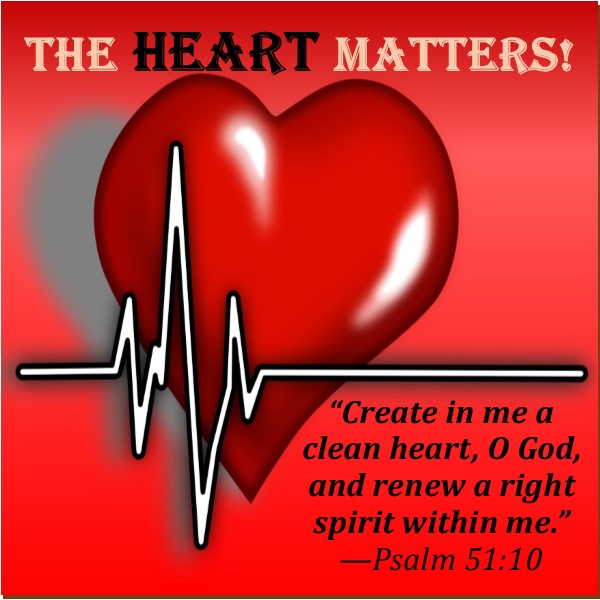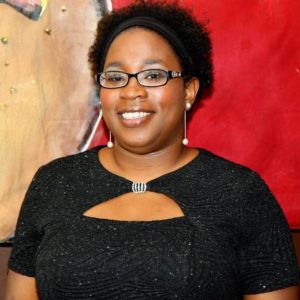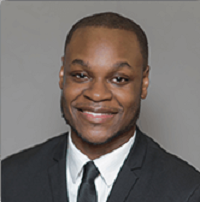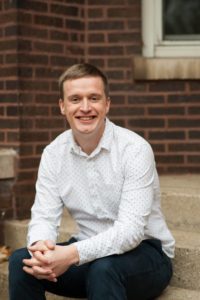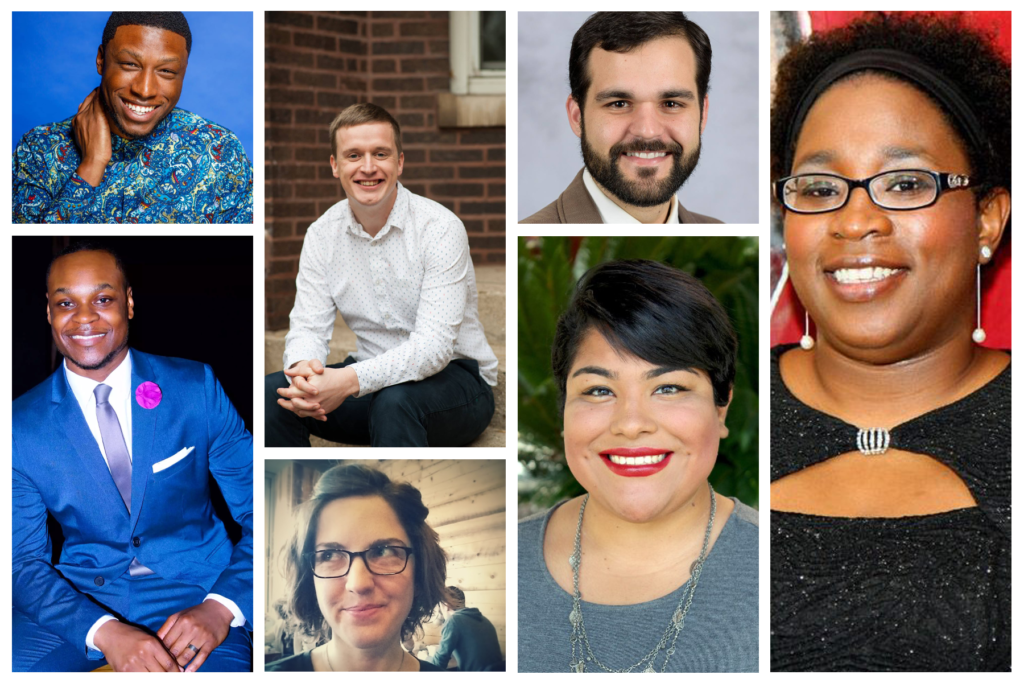
Thank You
One of the first things we did when launching The Center for Congregational Song in the Fall of 2017 was to put together a team of young bloggers who had a solid education under their belts, lots of new ideas, and energy to crank out lots of great posts. I was constantly amazed at the depth and breadth of the content they created on our behalf and am so grateful for the many years they all put into volunteering their time and expertise. It’s been almost six years since the team began and they’ve written 120 blogs over that time. Many of them have now taken faculty positions, changed to new churches, had children, and…wow life moves quickly! So it is time to say thank you to the authors who made up our team from 2017 through 2022:
Rosa Cándida Ramírez, Adam Perez, Ginny Chilton Maxwell, David Bjorlin, Felicia Patton, Rylan A. Harris, and Emorja Roberson
 Welcome!
Welcome!
As we move into the post-pandemic world, we get to welcome a new set of writers for our blog. I’m excited to see what new insights they will bring and what ideas they will challenge us with. So, welcome to our new blog team!
Yvette Lau

After obtaining her first and second bachelor degrees in Translation and Chinese (HKPU), and Music (CUHK) respectively and worked in music related work in the government and later in the church in Hong Kong, Yvette Lau furthered her study at Calvin Theological Seminary for M. A. in Worship (2008-2010). She served as a worship pastor in Hong Kong for several years after her graduation at Calvin. She also served as one of the executive committee members of the Hong Kong Hymn Society from 2011-2017. She served at the Worship Committee for the CMA Church Union of HK from 2006-2021. In 2017, she founded Anabas Ministry which is an organization for worship renewal and started to work as a freelancer for worship related ministries including consultancy work. Her passion lies in choral conducting, song writing, hymn translation from English to Cantonese (main translator for New Youth Hymns), event organization, translation of books on worship including The Art of Worship, Beyond the Worship Wars, The Worship Architect, and Glory to God, and training and teaching on worship. She has been the guest instructor on Worship for Alliance Bible Seminary, China Graduate School of Theology, Bethel Bible Seminary, and Hong Kong Baptist Theological Seminary. She is now pursuing Doctor of Pastoral Music at Perkins, SMU under the direction and supervision of Prof. C. Michael Hawn.
Shannan Baker
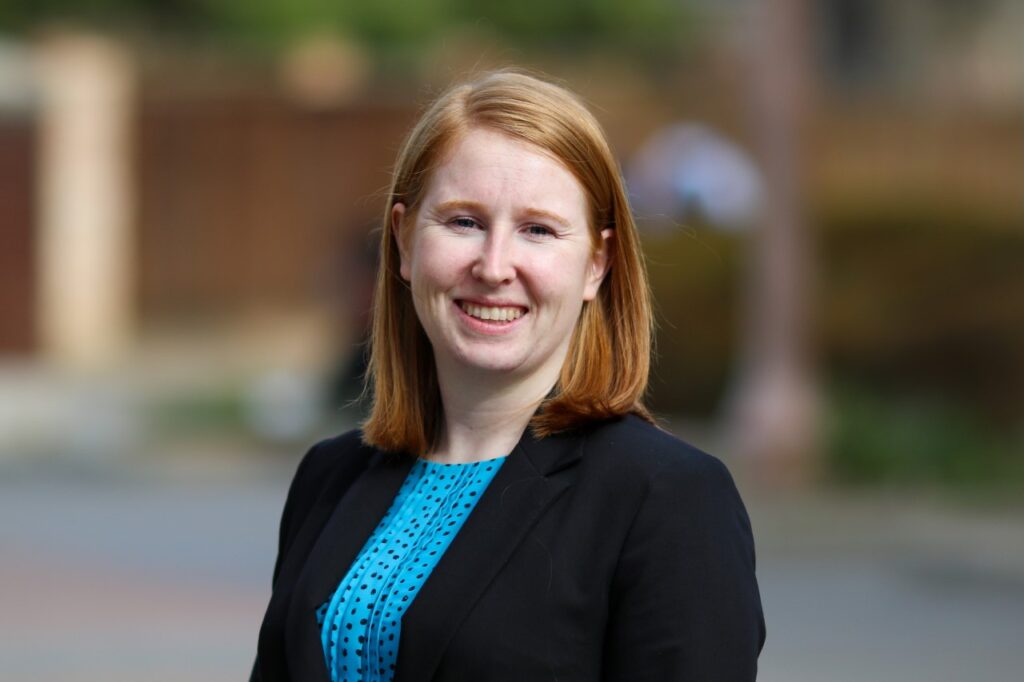
Shannan Baker is a postdoctoral fellow in music and digital humanities at Baylor University, where she recently finished her Ph.D. in Church Music (2022). Her research interests focus on contemporary worship. She studies the theology and content of the lyrics, the music of the songs, the worship music industry, and how contemporary worship is used in the church. While her current role focuses on research, she searches for ways to connect that research practically to the church. Recently, she received the Vital Worship Teacher-Scholar grant from the Calvin Institute for Christian Worship which allowed her to start the contemporary worship training workshops for the Church Music program at Baylor.
While Shannan currently lives in Waco, Texas, she is originally from Michigan. She received her B.A. in Music (Worship Arts) from Cornerstone University (2016), and an M.A. in Worship (2018) and Th.M. with a concentration in worship (2019) from Calvin Theological Seminary. Also in Grand Rapids, she served as the worship director for Monroe Community Church for three years. Currently, she volunteers at her local church where she leads worship and plays various instruments including drums, keys, acoustic guitar, and bass.
Mykayla Turner
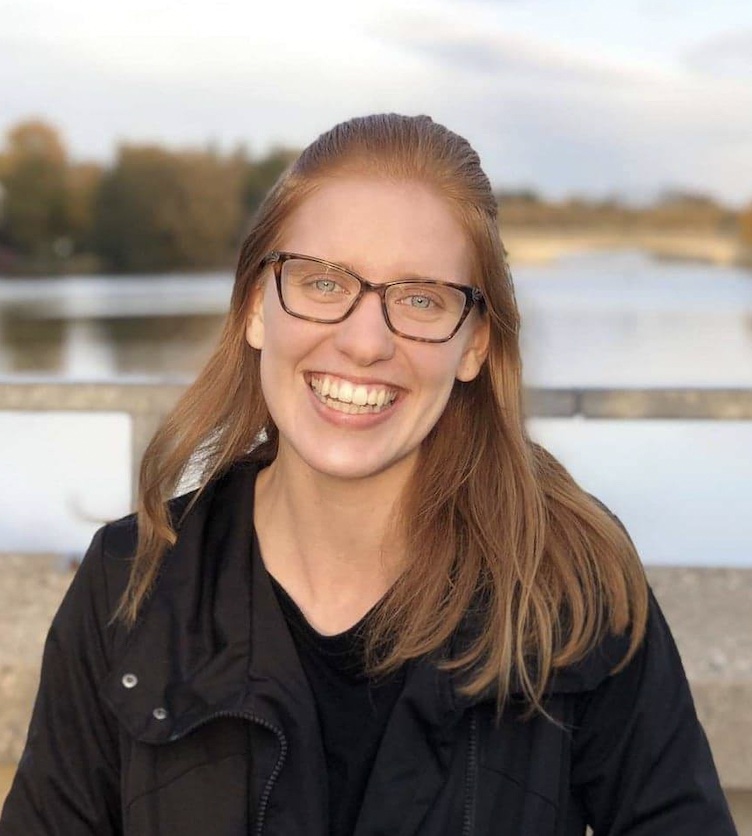
Mykayla Turner is a Master of Sacred Music student attending Southern Methodist University in Dallas, TX. Under the direction of Dr. Marcell Silva Steuernagel, her thesis research focuses on the role of music in rural congregations. Mykayla has completed graduate coursework at Conrad Grebel University College and Southern Methodist University in both theological studies and church music. She is an active church musician and liturgist in both Mennonite and ecumenical contexts. In 2023, Mykayla obtained her A.C.C.M. in Piano Performance.
Puentes Reminder
 And don’t forget that we’ve also recently started the bilingual Spanish/English blog “Puentes (Bridges)” under the direction of blog editor Maria Monteiro. You can sign up for that specific newsletter here or just go directly to the website at: https://puentes.congregationalsong.org/
And don’t forget that we’ve also recently started the bilingual Spanish/English blog “Puentes (Bridges)” under the direction of blog editor Maria Monteiro. You can sign up for that specific newsletter here or just go directly to the website at: https://puentes.congregationalsong.org/
Subscribe!
Make sure to subscribe to our newsletter to keep up to date with new blog posts from this great new team.
Newsletter


